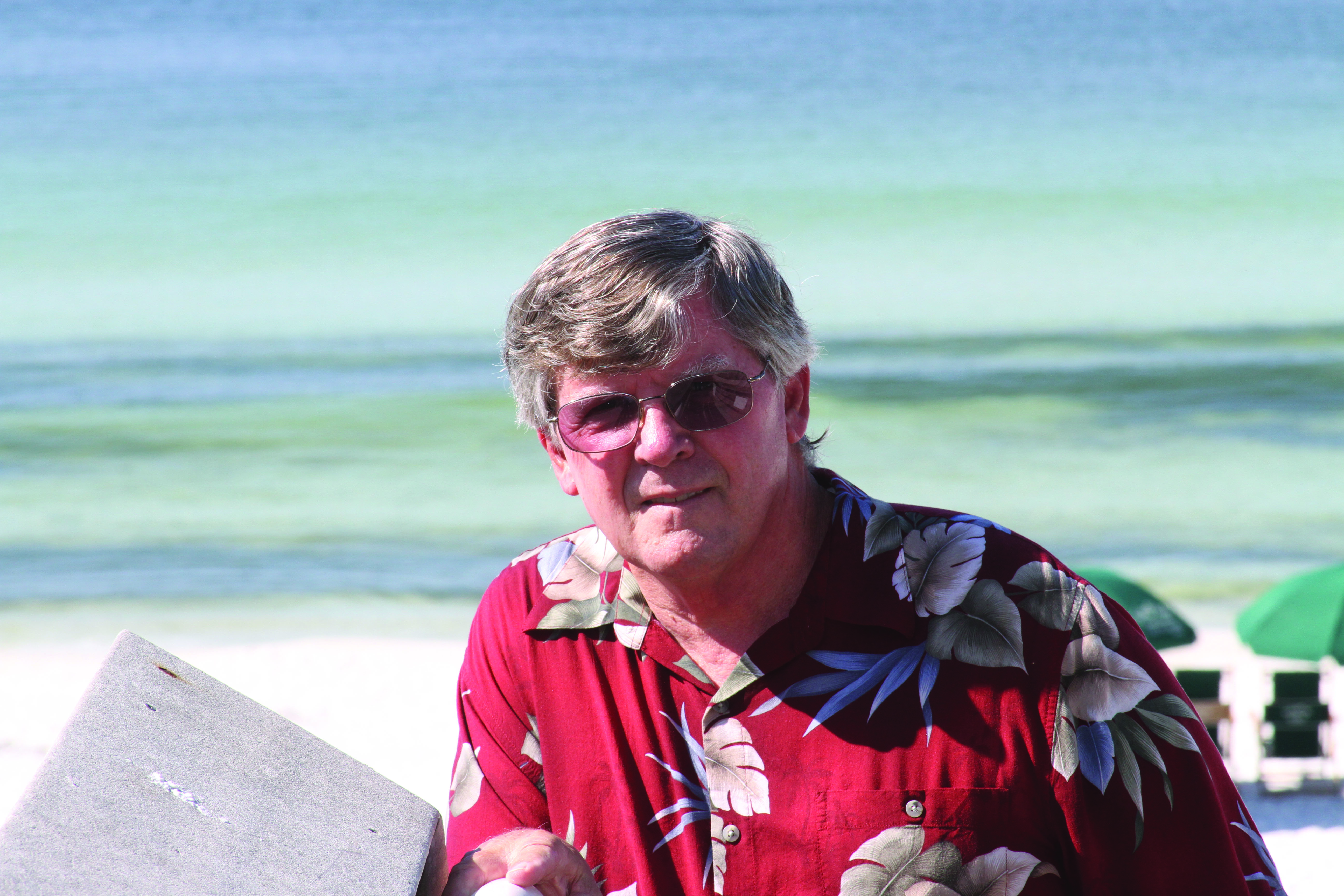By Hardy Jackson
The legislature of the state of Alabama never ceases to amaze me. Especially when it comes to passing innovative laws to get around other laws. And of all the laws gotten around innovatively, liquor laws are the most innovatively gotten around.
Consider. Back at the start of the 20th century, in an effort to shut down honky tonks, the legislature passed a law that prohibited the sale of draft beer in the state. The theory behind the plan was that, since draft beer was consumed on the premises of such places, not allowing draft beer would reduce the number of premises where beer was sold. (Think about it, and when it makes sense you’ll know you are one of us.)
It probably sounded like a good idea at the time. Like the law that made it illegal to serve a drink to someone standing up, it passed on the logic that if you keep drunks seated they won’t get in fights ‘cause no one ever got in a fight sitting down.
But the legislature soon had second thoughts about the draft beer prohibition. (I’m back up on the first point, work with me now.) Legislators learned that some of the immigrants who came to dig potatoes and mine coal were gonna leave if they couldn’t get beer on draft. So our representatives, to keep cheap labor on the job and the big mules happy, passed another law that said that counties with a significant immigrant population could have draft beer – which is why some off the best seafood joints were in Baldwin County.
You still with me?
Now jump ahead. In 1992, legislators found themselves facing a bigger problem.
How to keep the rich and powerful tipsy and happy when the poorer, weaker, prohibition- minded majority didn’t want them to be either. Specifically, legislators were distressed to learn that one of their former members was having trouble getting folks interested in a golf course community he wanted to build in dry Marshall County. It seems that the rich and powerful didn’t want to buy into a place where the country club didn’t have a bar. So the legislature passed a law that created dry-county “community development districts” in which beer, liquor and wine could be sold, so long as one municipality in the county was wet. (That’s another example of a law to get around a law, letting cities be wet when the county is dry, but let’s not go there now.)
All you needed to get yourself one of those “districts” was a wet town, 200 residential sites, a country club with membership requirements, and an 18-hole golf course. Those living outside the district had no say in the matter.
But the problem didn’t go away.
Over in Blount County, the golf course community of Limestone Springs wanted to get in on the “community development district” deal. Sadly they are a little short of residential sites and Blount is bone dry.
But fear not, Sen. Pat Lindsey from down in south Alabama saw the problem and introduced a bill that cut the number of home sites by half and dropped the wet municipality provision.
And before you could say, “make mine a Miller” the Senate said OK.
One of those dry counties affected by Lindsey’s bill was the one in which my daddy lived.
Here, I thought, was an economic opportunity that could secure him comfortably in his twilight years and leave a legacy for him son – that would be me.
Back behind the family home are sites for 100 or more mobile homes and trailers.
Down by the creek is about five acres ideally suited for an 18-hole course, complete with windmills, dinosaurs and all those obstacles folks love to putt around. And daddy’s Poutin’ House, where he and his friends gather every Wednesday night to cuss and discuss matters at hand, would make a first-rate country club membership included with the purchase of a lot.
Daddy has a friend with a bush-hog and another with a dozier. They could clear and level.
And we’ll sell the sites electricity from an outlet at the “club” for just a nominal charge. The whole thing can be up and running in six weeks, tops.
There’ll even be a few acres left over for those who don’t golf to plant a patch and put up a deer stand.
“Poutin and Puttin,” that’s what we’ll call it.
Carpe diem, y’all.
Unfortunately, Daddy died before the scheme could be set in motion and my tee-totaling mother frowned more poutin’ so the matter died.
If anyone wants to revive it, I can be reached at the address below.
Harvey H. (“Hardy”) Jackson is Professor Emeritus of History at Jacksonville State University. He can be reached at hjacson@cableone.net.

